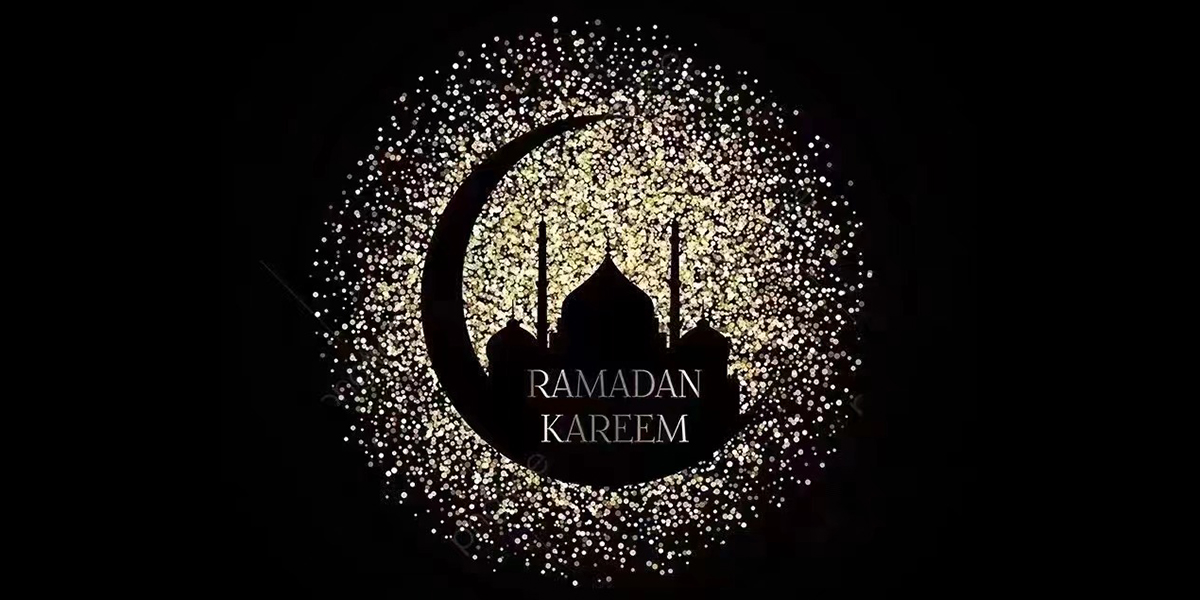The most sacred month in Islamic culture
Ramadan is the most sacred month in Islamic culture, during the holy month of Ramadan, Muslims build stronger relationships with Allah through fasting, selfless actions, and praying.
Ramadan is the ninth month of the Islamic calendar, but Ramadan starts at a different time each year because the Islamic calendar follows the phases of the moon, so when the new crescent moon appears that signifies the official first day of Ramadan. This year Ramadan is predicted to begin on March 23, and to end April 21 with Eid al-Fitr celebrations.
Origin of Ramadan
Ramadan, one of the months in the Islamic calendar, was also part of ancient Arabs’ calendars. The naming of Ramadan stems from the Arabic root “ar-ramad,” which means scorching heat. Muslims believe that in A.D. 610, the angel Gabriel appeared to Prophet Muhammad and revealed to him the Quran, the Islamic holy book. That revelation, Laylat Al Qadar—or the “Night of Power”—is believed to have occurred during Ramadan. Muslims fast during that month as a way to commemorate the revelation of the Quran.
How Ramadan is observed
During Ramadan, the goal of Muslims is to achieve spiritual prosperity and establish a stronger relationship with Allah. They do this by praying and reciting the Koran, making their actions selfless and devotional, away from rumors, lies, and fights.
Exception:
Throughout the month, fasting between sunrise and sunset is obligatory for all Muslims, except for the ill, pregnant, traveling, elderly, or menstruating. Days missed fasting can be made up throughout the rest of the year, either all at once or one day.
Meal & Time:
The duration of the fast is strictly regulated during the month but there is also an opportunitie for Muslims to gather with others in the community and break their fast together. Pre-dawn breakfast usually occurs at 4:00 a.m. before the first prayer of the day. The evening meal, iftar, can begin once the sunset prayer, Maghreb, is finished—normally around 7:30. Since the Prophet Mohammad broke his fast with dates and a glass of water, Muslims eat dates at iftar. A staple of the Middle East, dates are rich in nutrients, easy to digest, and provide the body with sugar after a long day of fasting.
Eid al-Fitr:
After the last day of Ramadan, Muslims celebrate its ending with Eid al-Fitr—the “festival of breaking the fast”—which begins with communal prayers at daybreak. During these three days of festivities, participants gather to pray, eat, exchange gifts, and pay their respects to deceased relatives. Some cities host carnivals and large prayer gatherings, too.
Countries involved
All Arab States (22): Asia: Kuwait, Iraq, Syria, Lebanon, Palestine, Jordan, Saudi Arabia, Yemen, Oman, UAE, Qatar, Bahrain. Africa: Egypt, Sudan, Libya, Tunisia, Algeria, Morocco, Western Sahara, Mauritania, Somalia, Djibouti.
Non-Arab States: West Africa: Senegal, Gambia, Guinea, Sierra Leone, Mali, Niger and Nigeria. Central Africa: Chad. Island nation in Southern Africa: Comoros.
Europe: Bosnia and Herzegovina and Albania.
West Asia: Turkey, Azerbaijan, Iran and Afghanistan.
Five Central Asian countries: Kazakhstan, Uzbekistan, Turkmenistan, Kyrgyzstan, Tajikistan.
South Asia: Pakistan, Bangladesh and Maldives.
Southeast Asia: Indonesia, Malaysia and Brunei. A total of 48 countries, concentrated in western Asia and northern Africa (Arab States, West and Central Africa, Central and Western Asia and Pakistan are contiguous). Only about half of the population in Lebanon, Chad, Nigeria, Bosnia and Herzegovina and Malaysia profess Islam.
Finally
Wish all my friends
Ramadan Mubarak
Zenith Lighting is a Professional manufacturer of all kinds of street lamps, if you have any inquiry or project, please do not hesitate to contact with us.
Post time: Mar-24-2023

